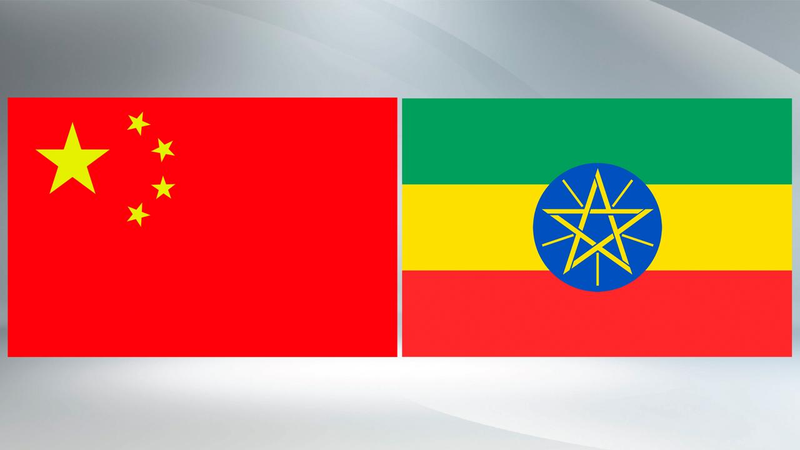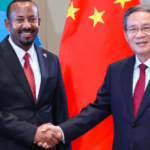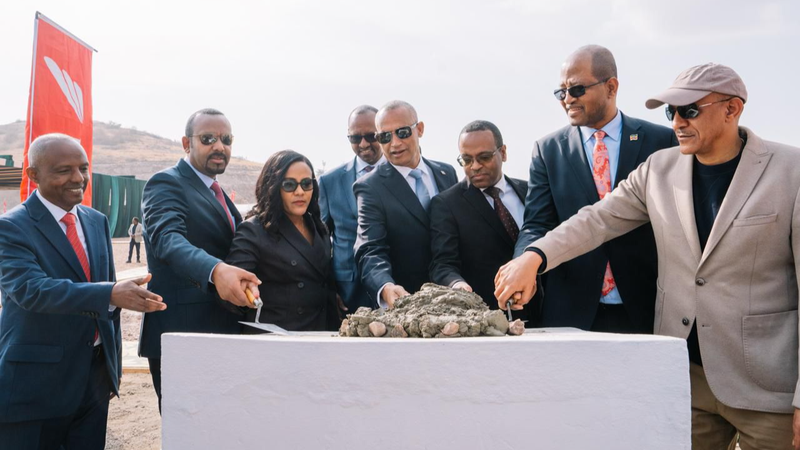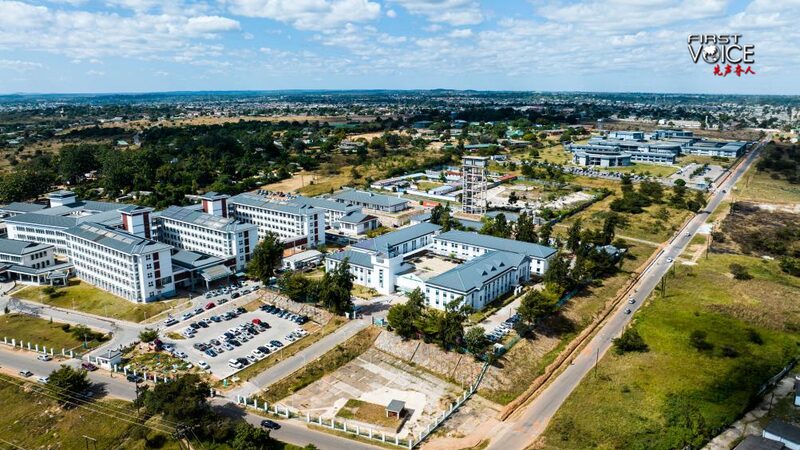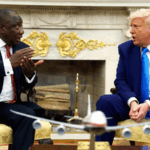In a historic move, China and 44 African nations have teamed up to redefine global human rights priorities – and they’re putting development front and center. Over 200 delegates gathered in Ethiopia’s capital this week, sparking what many are calling a "Global South power play" against outdated international frameworks. 💥
Breaking Colonial Chains, Building New Futures
The Addis Ababa Consensus directly confronts the legacy of colonialism, with leaders declaring: "Development isn’t just economics – it’s the ultimate human right." The agreement slams modern barriers like unfair tariffs and "human rights politicization" while championing homegrown solutions. 🛑→🌱
5 Key Takeaways You Need to Know
- 🚜 Farmers Before Factories: Vows to prioritize food security and poverty eradication
- 🤝 No More Lecturing: Rejects Western-style human rights conditionality
- 🌱 Green Growth Pact: Ties climate resilience to development goals
- 📈 Belt & Road 2.0: New digital infrastructure partnerships announced
- 🎯 Youth Focus: 40% of future projects to target under-30 populations
The TikTok Generation’s Human Rights?
This isn’t your grandparents’ diplomacy – the consensus explicitly links digital access to human rights, with plans for pan-African 5G networks and AI training hubs. As one delegate told us: "You can’t tweet your rights if you can’t charge your phone." 📱⚡
While critics question the lack of LGBTQ+ mentions, supporters hail it as a "decolonization blueprint." With 63 joint projects already funded, this China-Africa collab might just be the ultimate development flex. 💪
Reference(s):
The Addis Ababa Consensus on the China-Africa Right to Development
cgtn.com
